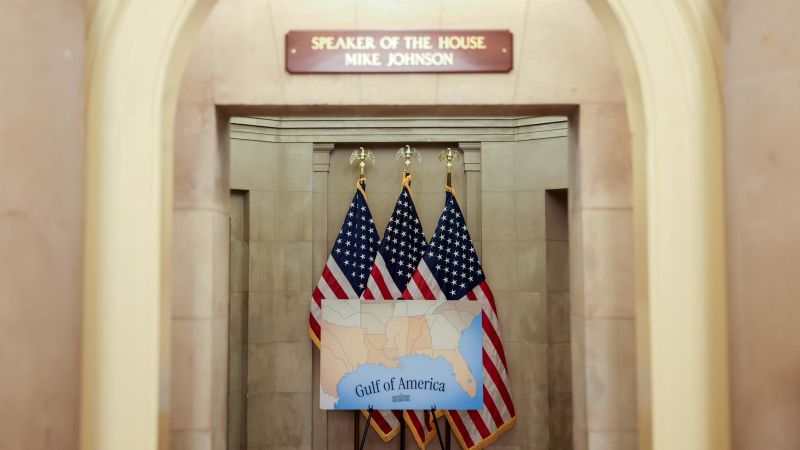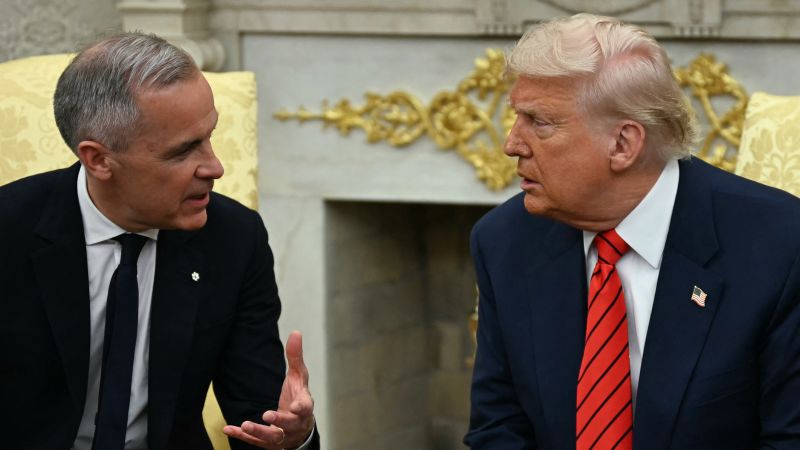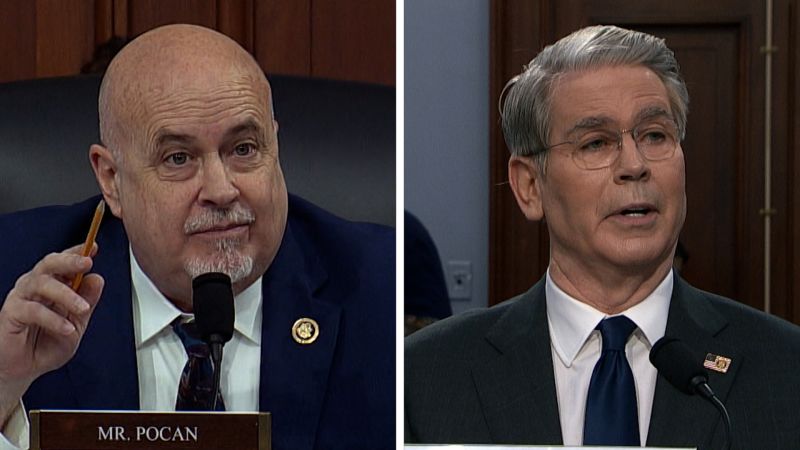
High-Speed Rail Derailed: Trump Pulls Federal Funding from California's Ambitious Transit Project
A federal investigation is already underway, scrutinizing the state's financial management of a critical infrastructure project linking Los Angeles and San Francisco. The high-speed train initiative, which aims to connect California's two major metropolitan areas, has come under intense examination regarding its use of federal grant funding. Authorities are delving into the financial details, seeking to ensure transparency and accountability in the massive transportation project. The probe highlights ongoing concerns about the complex and costly endeavor, which has long been a centerpiece of California's ambitious transportation infrastructure plans. While specific details of the investigation remain limited, the review underscores the importance of responsible spending and proper allocation of federal resources. The high-speed rail project has been a subject of significant public and political debate, with questions surrounding its budget, timeline, and overall feasibility. As the investigation continues, stakeholders await further insights into the project's financial management and potential implications for this landmark transportation initiative.









